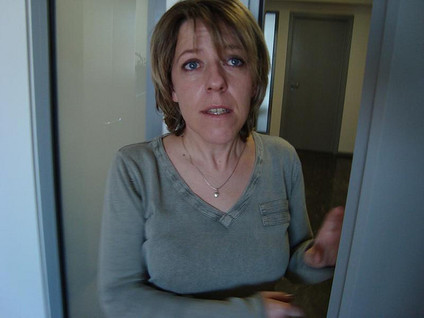How Rudeness and Incivility Affect the Bottom Line
We spend much of our waking lives at work. Small wonder then that we’re incredibly negatively affected when we’re treated poorly there, by colleagues, bosses, subordinates, and other people we work with daily. An unbelievable 98% of us WILL face workplace incivility over the course of our careers.
One study called “Research Shows Rude Behavior at Work Is Increasing and Affects the Bottom Line,” which looked at 17 industries, found that of the respondents who experienced workplace incivility, a huge percentage had other negative outcomes related to their jobs:
- 48% intentionally decreased their work effort,
- 47% intentionally decreased the time they spent at work,
- 63% lost time avoiding the offender,
- 80% lost time worrying about it,
- 66% said their performance declined,
- 87% said their commitment to the company declined
These toxic outcomes to toxic situations spring up for a lot of reasons: we feel we must react differently at work to a rudeness or slight than we might at home, with friends, or in a social setting. We don’t fear for our jobs in a social setting, where we might in a workplace, particularly if the offender is higher up in management.
Consultant Jody Alyn offers six stratefies for coping—here they are paraphrased, click here for her full article.
- Pay attention: see it, name it and deal with it.
- Examine your own behavior: model the behavior you want to see.
- Set some ground rules: Communicate expectations frequently.
- Provide opportunities to learn: offer learning opportunities and feedback.
- Give it teeth: include civility in company policy, and make it part of performance reviews.
- Follow through: Catch people in the act of being civil, and compliment them; when a problem occurs, provide swift feedback and appropriate consequences.
Can you initiate any of these strategies in your workplace, even if you aren’t currently the victim of uncivility? Doing your part to create a positive work environment—even with simple actions like frequent hellos, good mornings, and other positive interactions—will make your workplace a better, happier, more productive place to be.

